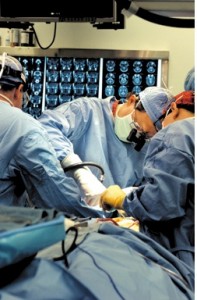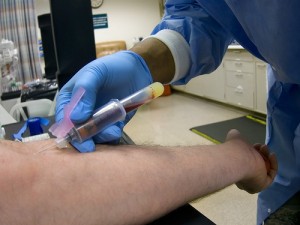Pre arthroplasty measures should be strictly tailored and followed before knee replacement, hip replacement and shoulder replacement surgeries. Arthroplasty is a surgical procedure and carries all the risks associated with surgery, and this is the reason why pre arthroplasty measures are very important.
Pre Arthroplasty Preparation Tips
Pre Arthroplasty Tip #1 – Opt for Medical Evaluation

There are different types of arthroplasty and each one requires a thorough medical evaluation before the procedure takes place. This helps determine the need for arthroplasty and also helps prevent potential arthroplasty complications that can arise in later stages.
Laboratory evaluation is a necessary pre procedure preparation for arthroplasty surgery. The tests that are carried out include blood count tests, renal function studies, serum electrolysis, urine analysis and urine culture. These tests are done to rule out anemia, infection and other conditions.
Pre Arthroplasty Tip #2 – The Need for ECG
A large percentage of patients who undergo arthroscopy are elderly. Therefore, in such cases, pre hip arthroplasty and pre knee arthroplasty measures should include a routine pre-operative electrocardiography. Patients with heart ailments should have a talk with the anesthetist.
Pre Arthroplasty Tip #3 – Explaining the Risks
The patients should be made to completely understand the risks involved in the operation. As part of the total hip replacement pre-procedure or knee replacement pre-procedure, they should also be made aware of the possible complications that can arise.

Pre Arthroplasty Tip #4 – Blood Transfusion Arrangements
Total hip replacement pre-procedure preparation would involve making arrangements for blood transfusions. Since the surgery involves deep tissue and muscles, a lot of blood is lost during surgery. The surgeon may ask the patient to donate their own blood which will then be used during surgery.
Pre Arthroplasty Tip #5 – Lifestyle and Medication Changes
The pre arthroplasty preparation will also involve weight loss regimes, as overweight patients will have to lose weight. Smokers will be asked to quit smoking and patients who are already on medication for various ailments may have to discontinue or reduce the dosage of some of their medication until the surgery is completed.
Extra tests may be done for patients who have a history of problems vis-à-vis clotting of blood. In addition, patients will be asked to stop taking drugs that prevent the blood from clotting. This includes asprin, ibuprofen and naproxen.
The surgeon may also recommend certain strengthening exercises that have to be done for a few weeks before the surgery is scheduled. Stronger muscles in these areas will ensure that the recovery period is shorter and smoother.
Pre Arthroplasty Tip #6 – Imaging Tests
The pre-procedure preparations will also include several imaging tests. X-rays will be done to find out the extent of damage to the joint and to assess the loss of joint space. Other imaging tests that may be recommended include CAT scans, MRI and bone densitometry. These will reveal the extent of bone loss or bone infection.
It is better to keep the surgeon informed in case of any change in the patient’s health condition, including the onset of cold, fever or flu.
The surgeon or his support staff will issue pre arthroplasty instructions to be followed on the operation day. This would include not eating or drinking anything for six to 12 hours before the procedure. Antibiotics and antithrombotic drugs will be administered around half an hour before the first incision is done.
Following these pre arthroplasty tips will definitely help a patient prepare for the surgical procedure both physically and mentally.